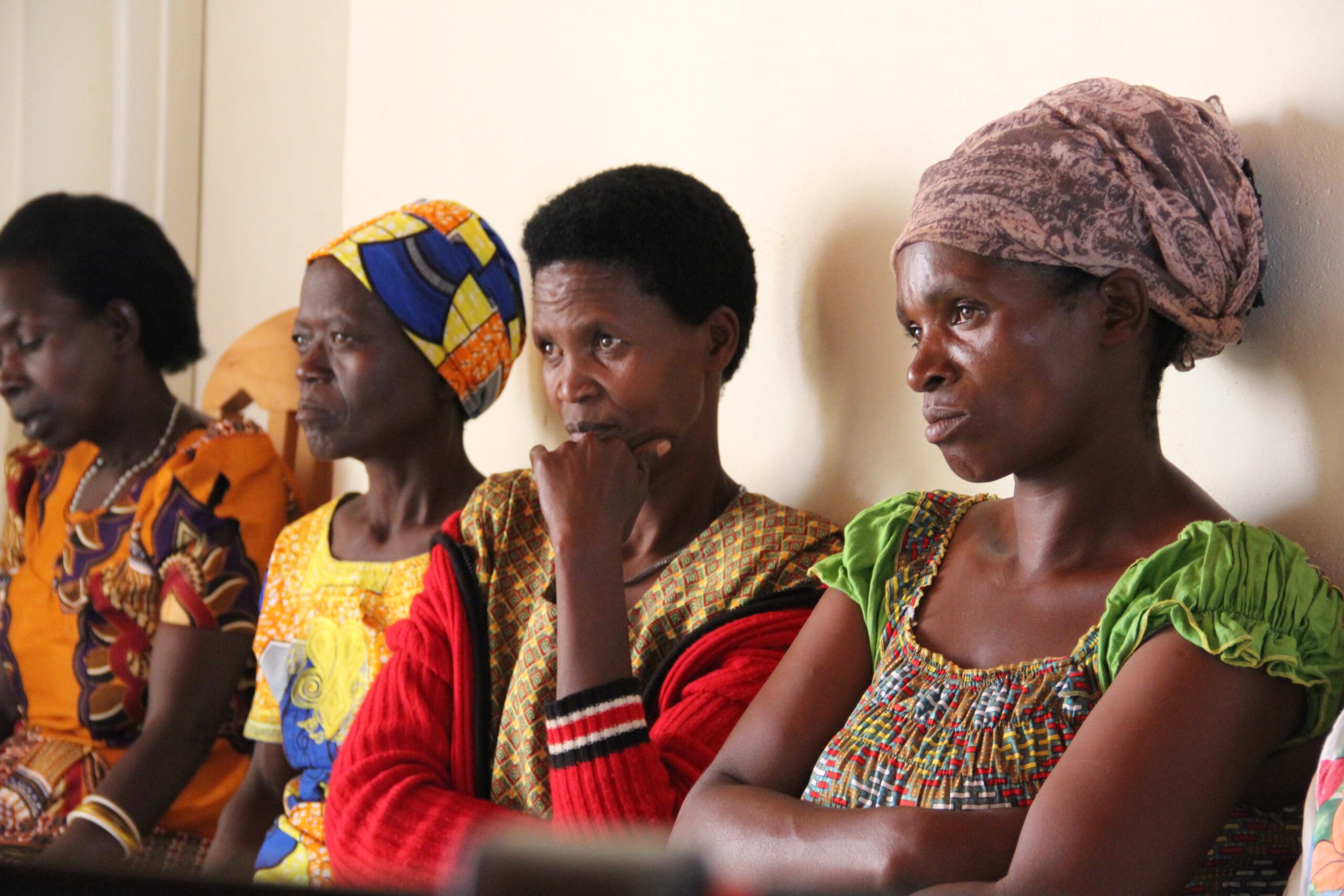The 1994 Genocide against the Tutsi destroyed physical and economic infrastructures, human development and the social fabric. However, over time, the government of Rwanda and its development partners have invested more in rebuilding the nation from all spheres and as a result of these efforts, Rwanda is said to be on a good track for development as evidenced by several reports. In a bid to cement and build on government’s relentless efforts, civil society organizations have tried to set up healing, reconciliation and peacebuilding programs across the country to deal with wounds, mistrust, limited social cohesion, and genocide ideology.
Various initiatives were introduced and these include: Gacaca courts, Abunzi (Mediators), commemorations practices, Itorero ry’igihugu, Ndi Umunyarwanda and the establishment of the National Unity and Reconciliation all aimed to promote social cohesion among Rwandans of diverse backgrounds as well as coordinate all peacebuilding efforts. However, the process of post-genocide reconciliation in Rwanda cannot be limited to the provision of justice and building social coexistence; it also needed the provision of psychological support to victims, returnees, bystanders, rescuers, diaspora community and even perpetrators. Each group of people needed special attention to heal and later build trust, tolerance and social proximity in their communities.
Hinged on NAR’s Societal Healing and Participatory Governance in peace program implemented with Interpeace, the ”Spaces for Peace” which are dialogue sessions conducted in safe space, have shown positive outcomes. Under the facilitation of professional psychotherapists and or community-based trained Peace Agents, 450 people have been involved in these Spaces for Peace in Gasabo, Nyarugenge, Karongi, Huye, Gisagara, Muhanga, Nyagatare, Musanze, Nyabihu, Rubavu, Gicumbi, Nyagatare, Ngoma and Rulindo Districts. In the beginning, 4 years ago, the wounds and impact of trauma were very high, and the level of trust and openness among spaces for peace was very low, while the majority of members had fear, anger, and revenge tendencies, hopelessness and couldn’t participate in community development.
“I used to live in isolation. I would stay at home for days without talking to anyone because for me any sounds were noise to my ears. I was surprised to be part of this group; I couldn’t imagine how I can sit together with Tutsi survivors when I have some family members jailed for committing genocide. Initially, I thought everyone in the space including the Peace Agent was Tutsi survivors. But after three dialogue meetings, a woman survivor comforted me and advised me to feel free. Since then, I felt more open and relieved because of how the group welcomed me and how the peace agent treated us equally. I am happy because I feel part of the group”, a female participant from Turuhurane, Muhanga.
Today, members of the Spaces for peace have demonstrated increased trust, tolerance of diversity, resilience, and reduction in trauma. The program has also observed an increased level of openness among the space members, where they share their traumatic experiences beyond the group members to a bigger community exchange gathering. Also, members of spaces for peace developed a sense of social support for the vulnerable people in their communities. For example, members of the twubakane group in Rukumberi sector renovated a house of a vulnerable man, and jointly collected money and visited a sick old woman who had been hospitalized for a long time. One Nzayirwanda who belongs to a historically marginalized group said: “I was surprised when group members came to support me after I had lost a relative; even my fellow community members were shocked because normally no one outside our community ever comes to our rescue”.
Notably, a number of participants have through the spaces of peace found a new “family” that has helped to restore their sense of belonging. This healing that has taken place within individuals has reportedly had a positive impact on their lives, their families and their communities through their acquired skills; – some of them have even taken on leadership roles.
“If someone offered me a leadership position before joining this group I would have turned down the offer. This is because I thought that local leaders were at the forefront when it came to killing individuals from diverse backgrounds based on what I witnessed during the 1994 Genocide against the Tutsi. But when I joined this group, my perception changed and I now believe that I can make a difference in my community. I am now using the acquired critical and listening skills, in analyzing and solving conflicts among the people I lead. I am also ready to use the trauma healing skills to handle the trauma-related cases that could emerge in my community, especially during the commemoration period.” Male peace agent of Abanyamahoro space; also the Executive Secretary at Kareba cell, Nyabihu district
The spaces for peace have shown tangible results towards healing the societal wounds and paved the way for development. However, society still has unhealed wounds and the journey is still long. Never Again Rwanda will continue to implement community-level healing and have started recently to engage other actors such as National Unity and Reconciliation Commission and Ministry of Health to adopt psychosocial healing approaches to extend the services to the wider society.


